Sir Howard Bernstein’s influence on Manchester “will live on for decades”, said property experts this week following the announcement he will retire as chief executive of the city council next spring.
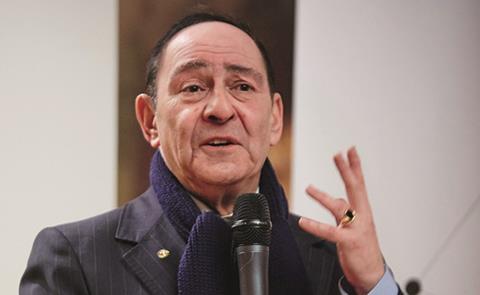
Leading lights were queuing up to hail his transformation of the city over the past 20 years into what many now perceive to be the country’s second city.
Alex Russell, a director at property investment and development firm Property Alliance Group, said that Sir Howard (pictured) was the driving force behind almost every good thing to have happened in Manchester, even before he became chief executive of the city council in 1998.
“I believe Sir Howard’s legacy and his influence on Manchester will live on for decades to come,” he said. “It’s hard to think of what has happened in the rejuvenation of Manchester in the past two decades that hasn’t had his fingerprints all over it.”
Tim Heatley, co-founder and managing director of Capital & Centric, compared Sir Howard to another of the city’s greats - Sir Alex Ferguson.
“Sir Howard has been all I’ve known throughout my career,” said Heatley. “He and Sir Alex have been the father figures of the city and are completely ingrained in everything the city has achieved in the past few decades.”
Sir Howard joined the council as a junior clerk in 1971 and has been in the top job since 1998. He ascended to power not long after one of the darkest moments in Manchester’s recent history, the IRA bombing in 1996, and has been synonymous with the city’s renaissance since then.
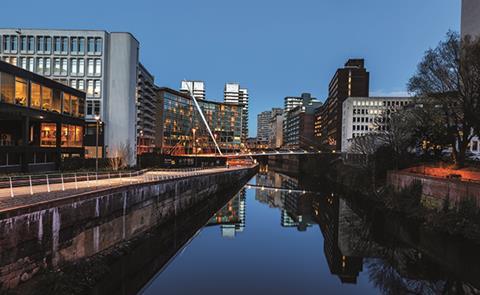
He played a central role in the regeneration and economic growth of the city when he served between 1996 and 1999 as the chief executive of Manchester Millennium, which oversaw the transformation of the city centre in the aftermath of the IRA bombing.
Arguably his greatest triumph has been bringing together the area’s councils to form the Greater Manchester Combined Authority, now at the epicentre of the ‘northern powerhouse’.
Sir Howard played a pivotal role in persuading the BBC to move from London to Salford and oversaw the development of the Spinningfields district.
He is also credited with bringing Abu Dhabi investment to Manchester as well as pushing through a huge tranche of affordable housing around the City stadium.
Impressions of Sir Howard…
“His legacy is all around us, in decades of successful regeneration projects and infrastructure investment. But perhaps his greatest legacy is the deep and shared belief that we can do more in partnership than by working separately.”
Chris Oglesby, chief executive at Bruntwood
“His shoes will be truly hard to fill, but the platform to progress is in place via the Our Manchester Strategy to further develop the city up to 2025 and beyond.”
Michael Hawkins, director at Colliers International
“He is a doer. He sees what the target is and works with the industry to get to that end goal. And he isn’t afraid to pick up the phone to developers and ruffle a few feathers.”
Mark Canning, co-founder of North West property agency Canning O’Neill
Other flagship developments to have come to fruition during his tenure include NOMA, First Street and Corridor Manchester. He has also spearheaded major new schemes at St John’s, Airport City, Piccadilly, the Northern Gateway and HS2.
It is not just what Sir Howard has done but the way he has done it, said Heatley.
“What he is great at is knowing when to step away and leave the developers and investors to it,” he said. “He brought investors and developers together, told them what his vision is for a particular area and gave them the freedom to create that vision. He’s been very good at allowing the city to breathe and grow organically, as we can see with the northern quarter of the city.”





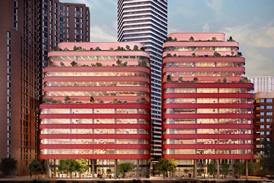
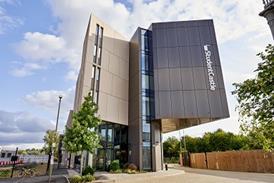
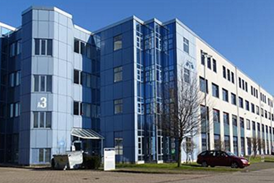
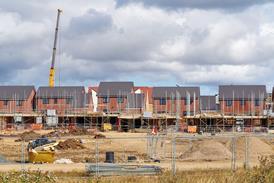

















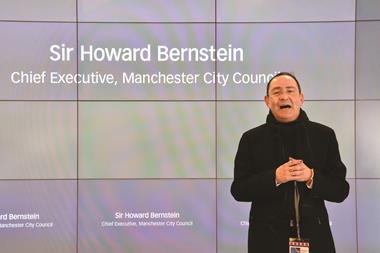
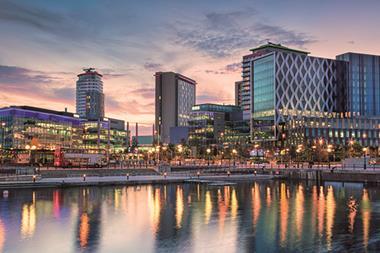
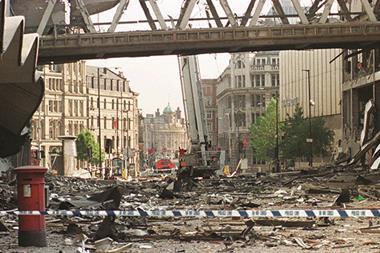
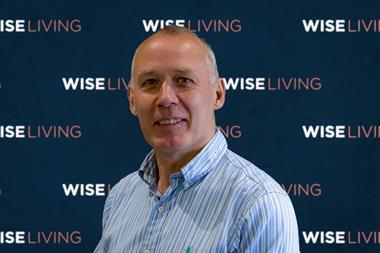
No comments yet